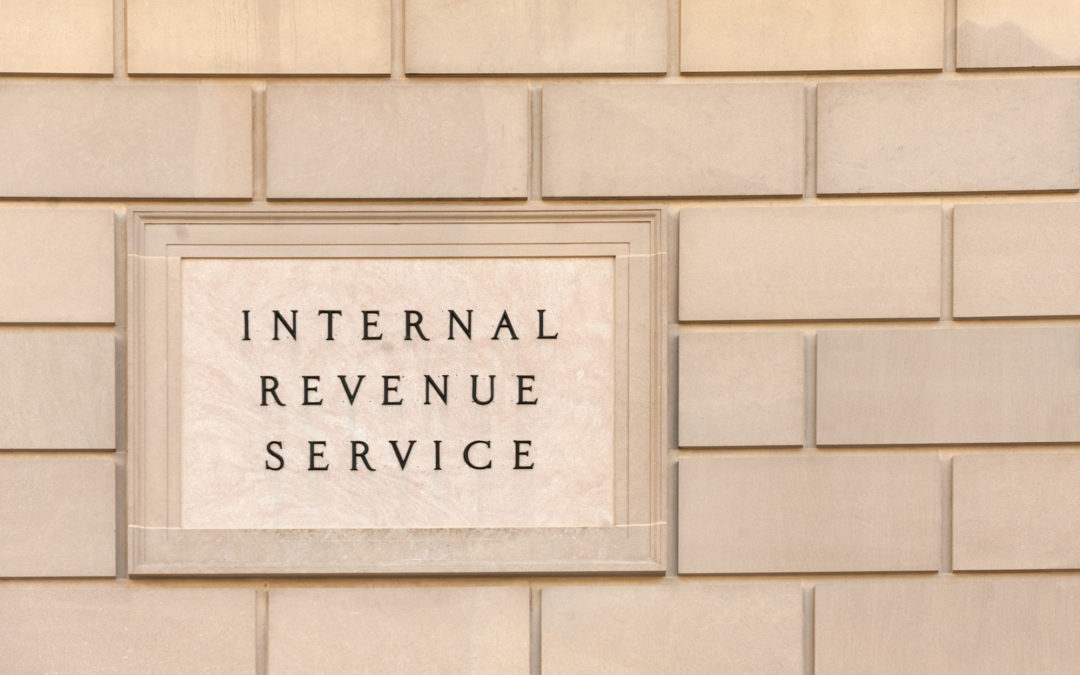Has the IRS contacted you about a tax lien?
If so, you’re likely feeling a range of emotions, along with a large dose of curiosity. This post will be helpful to you. We’ll not only explain what an IRS tax lien is, but we’ll also talk about and how long the lien lasts.
While communications from the IRS may cause stress, don’t ignore them. A federal tax lien could affect your paycheck or prevent you from selling your home or car.
Remember this: all hope is not lost, and the lien won’t impact your life forever. Learn more here about tax liens and the statute of limitations.
What Is a Tax Lien?
A tax lien is a notice from the IRS telling you that you owe them money and they intend to collect it. Tax liens are legal claims made by the IRS against the property after you have failed to pay taxes.
The IRS enforces tax liens for the following reasons:
- Failure to pay your taxes on time
- You owe back taxes and don’t make payments in full
- You transfer property to avoid paying your tax debt.
A tax lien is essentially an IOU from you to Uncle Sam until you pay off all your debts to the IRS or other local taxation authority.
How Can a Federal Tax Lien Impact Me?
In the past, federal tax liens showed up on your credit report. In 2017, credit bureaus changed this to the taxpayers’ benefit. The IRS can still place a levy on your wages and assets until paid in full.
The tax lien also means that you cannot sell any of your assets until it is paid off, which could include your home or car.
How Quickly Does the IRS File a Tax Lien?
There are usually few surprises when it comes to communicating with the IRS.
Before they officially file a tax lien, the IRS sends a notice of taxes due. The notification will also include demand for payment. If you make no response within 10 days, the lien goes into effect.
How Long Do Tax Liens Last?
While tax liens can hurt your life for several years, there is a statute of limitations. For a federal tax lien, it’s ten years. This means that if you do not pay the tax lien within this time frame it will expire.
However, tax liens will continue to accrue interest and penalties until they are paid in full. Even after the tax lien expires, you may still have an outstanding debt with the IRS.
How Can I Get Rid of Tax Liens?
Even though you won’t be arrested or sent to jail, it’s wise to take a tax lien seriously.
Your best course of action is to contact a tax professional. They can help you determine your next steps, which should include first determining if the lien is correct.
Here at Clean Slate Tax, we’ve made it our mission to help people just like you get out from under a tax lien. Don’t wait until the problem escalates – contact us today and request a free case review!




